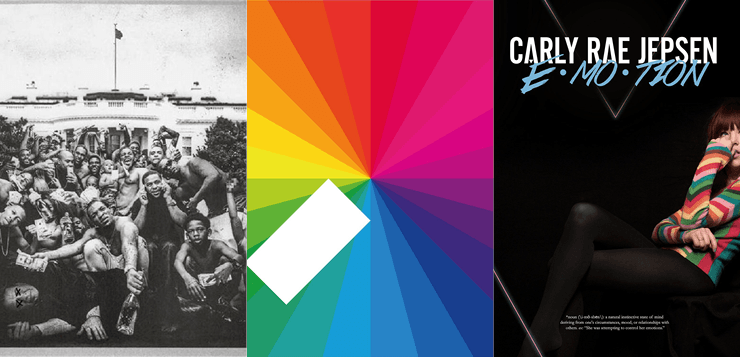“I smoked for 10 years straight, and I quit cold turkey as soon as I tried my first e-cig,” Natasha [last name withheld] said calmly before inhaling on her shiny, bronze e-cigarette device. Exhaling a cloud of vapor in circular shapes, she blissfully watched them fade into the air. “People like me come in all the time and eventually end up quitting, too.”
Natasha, an employee at Smoque Vapours, is part of a larger group of e-cigarette enthusiasts attempting to push back against local and potential federal regulations on e-cigarettes and e-liquids.
USA Today reports that the Food and Drug Administration is considering labeling e-cigarettes as a tobacco product, which would make them adhere to the same policies as conventional cigarettes; including taxation on e-cigarettes.
“We have entire e-cig conferences dedicated to this. Sure we have competitors, but ultimately we’re all coming together for the same cause,” Natasha said. “Until one of the smaller shops gets big enough to fight directly against federal regulations, it’ll just be a local battle for now.”
Located near the historic Printer’s Row area in the South Loop, Smoque Vapours sits cozily in the midst of an area saturated with law firms and typical city establishments, like Starbucks. A large, clear glass window lets passerby get a glimpse into the lounge, which houses hundreds of e-cigarette flavors in sleek metal cabinets behind a counter.
Stools on the other side of the counter allow for customers to choose flavors of their interest, creating a bar-like effect in which Natasha prepares the e-cigarette for them to “vape”.
One of those customers is Brandon Jordan, a DePaul junior who recently visited Smoque Vapours.
“It was a different experience from what I thought it would be. I would recommend people to go at least once,” Jordan said. “I even went back another time with my friend who is a heavy smoker to show her alternatives to cigarettes.”
Only about 10 other e-cigarette lounges exist in Chicago, but the future of one of the fastest growing industries lies in the hands of politicians.
A recent New York Times article reported that e-cigarette sales have increased by $1.7 billion since 2012, and that number is expected to increase by the end of this year. Bans passed by the city of Chicago in January targeting e-cigarette usage in public spaces have also been impeding on what could potentially be a booming business for local e-cigarette shop owners.
“The main argument that they [politicians] love to use is the safety of children. But when you look at studies, they show that 75 percent of teens that use e-cigarettes have actually smoked cigarettes,” Natasha said while carefully placing her e-cigarette on a nearby table so as not to scratch its delicate finish.
That percentage comes from a 2012 National Youth Tobacco Survey, which found that 76.3 percent of teens that used e-cigarettes within the past 30 days had used regular cigarettes during that time as well. Other e-cigarette enthusiasts rely on similar statistics in their arguments against the potential taxation of e-cigarettes.
Sean Burchfield, another e-cigarette user, believes that taxes on e-cigarettes will prove ineffective in the long run.
“In the end, the cigarette companies will win,” Burchfield said. “They’ll find ways to twist the market around so that people continue buying their product, and putting taxes on e-cigs will make them less attractive to quitting smokers.”



